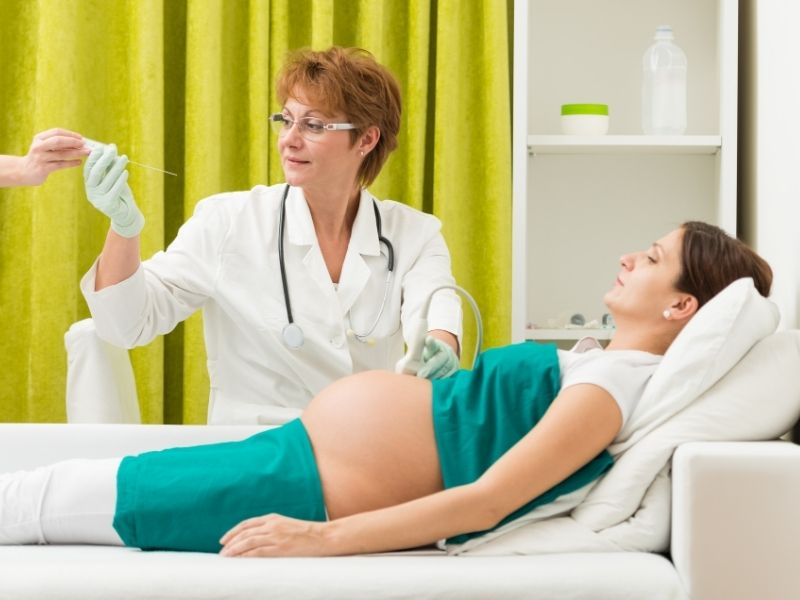Adolescence, which starts at the age of 10 for girls and 12 for boys, is the period of transition from childhood to adulthood that lasts 5 years on average. Many physiological, psychological and social changes might be experienced at the same time during this period. In this period, girls grow 15-20 cm taller and boys grow 20-25 cm taller. A rapid weight gain is observed in the body. Secretion of sex hormones, which were not secreted previously, increases.
Adolescence starts with the enlargement of breasts in most girls. The enlargement in the breasts is usually noticed when a small and sensitive swelling occurs one or both nipples. This swelling will grow in a few years. One breast might be bigger than the other in the beginning and this might sometimes last until the breasts take their final shape. Soft hairs will start appearing on the genital area upon adolescence (puberty). These hairs will later become thicker and curled. The hips will become wider and the waist will become narrower as time passes. The body will start storing fat in the abdomen, hips and legs. In this way, lines that are specific to a female body will appear. During this period, arms, legs, hands and feet will grow faster than the other parts of the body. The skin becomes more oily in adolescence and more sweating is noticed. This is because sweat glands have started growing, too. Pimples will appear on the face because the skin has become more oily-prone. These pimples in adolescence are called “acnes” and are usually considered normal because they are due to an increase in the hormones during adolescence. Acnes might sometimes be very severe and might require treatment. A lot of physical changes during the adolescence brings along some psychological problems in teenagers in this period of their lives. Depression, anxiety (inner distress), feeling oneself ugly, over-sensitiveness are some of these problems. Parents should take a close interest in and support children going through this period. Sometimes professional support might be required. The first menstruation or “menarch” in medical terms is accepted as a sign of transition into the reproductive age in the puberty development of girls. Most girls experience the first menstruation between the ages of 9 and 16.

Menstrual disorders, which are frequent in adolescence, are usually temporary and disappear in a few years. Drug therapy and strict medical supervision are only rarely required. Psychological treatment might be useful in some disorders. Some diseases might appear in the ripening process that starts with menstruation. Menstrual bleeding might be irregular in this period. However, most of these irregularities disappear in the long term.
Very long or very short bleedings are mostly observed during cycles in which there is no ovulation. This kind of disorders show that the endocrine glands have not ripened yet. This problems disappears of its own Accord without any treatments. If the first menstruation has been experienced very late and the cycle is completely irregular, it must be thought that there is an inadequacy in the functioning of the hypothalamus. Long and intense bleeding that is independent from irregular bleeding cycles is observed in 2-5% of young girls. A large part of the menstrual disorders in the puberty fall into this category. The disorder usually emerges a few months after the first menstruation. They usually disappear by their own Accord as time passes and the cycles returns to normal.











METE İTİL
Appointment and Contact Form
You can ask us your questions or contact us to make an appointment.